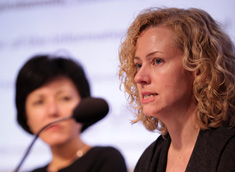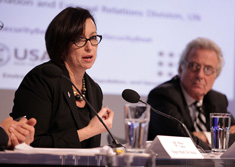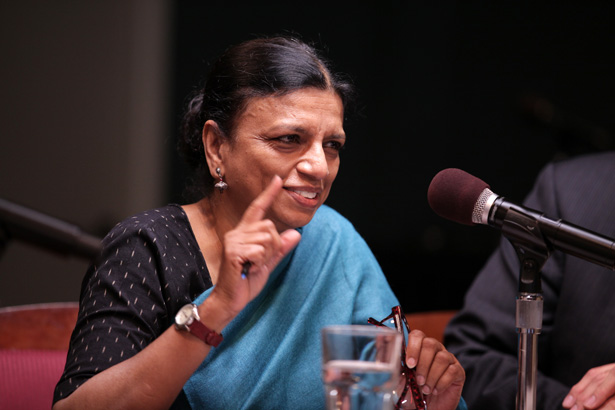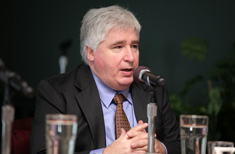-
Basket Case No More? Bangladesh’s Successes Portend Resilience in Face of Change
›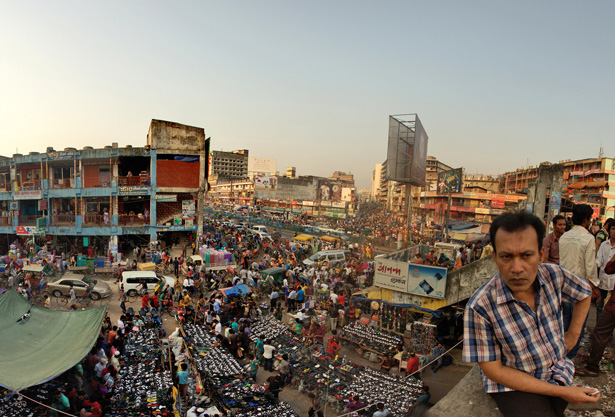
This past December, Bangladesh turned 42, bringing the country Henry Kissinger once predicted would become a “basket case” into comfortable middle age (though perhaps this analogy breaks down for countries like Switzerland, age 722).
-
“Essential to Prosperity and Opportunity”: Heather Boonstra on Adolescent Sexual and Reproductive Health
›
“If girls and young women are often thought of as the forgotten drivers of development, their sexual and reproductive health is almost entirely absent,” says the Guttmacher Institute’s Heather Boonstra in this week’s podcast.
-
Our Last Best Hope? Family Planning and Women’s Empowerment
›January 7, 2014 // By Laurie MazurThe original version of this article appeared on the Aspen Institute blog.
When journalist Alan Weisman proposed a new book on the challenges posed by human population growth, his editor said, “That one’s a live wire; don’t touch it.”
-
The Year That Resilience Gets Real
›2014 promises to be a superlative year – and that’s not necessarily a good thing. Complex, “super” disasters like Super Typhoon Haiyan are becoming more frequent, more systemic, and more destructive. Global trends, from population dynamics to food, water, and energy scarcities, threaten to further complicate the playing field. But by finally getting serious about resilience – the much discussed buzzword of 2013 – we might reduce our vulnerability, restore our communities, and build back better, rather than just picking up the pieces.
-
Lisa Dabek: Thinking Long Term to Save Papua New Guinea’s Tree Kangaroos
›“I always say what brought me to Papua New Guinea is the tree kangaroo, and what keeps me there are the people,” said Lisa Dabek.
-
“Childhood Must Never Be Derailed by Motherhood”: Dianne Stewart on UNFPA’s ‘State of the World Population 2013’
›
Twenty thousand girls under the age of 18 give birth each day, according to the United Nations Population Fund (UNFPA). Two million girls age 14 or younger give birth each year. Societal norms often frame adolescent pregnancy as the result of promiscuous behavior, but this year’s State of the World Population Report encourages “a shift away from interventions targeted at the girl toward broad-based approaches that build girls’ human capital, protect girls’ rights, and empower them to make decisions,” says Dianne Stewart, director of the information and external relations division of UNFPA, in this week’s podcast.
-
Challenging Patriarchy: The Changing Definition of Women’s Empowerment
›
As more organizations in the international development community commit themselves to supporting women’s empowerment, it has grown increasingly difficult to evaluate what that really entails. [Video Below]
-
David Canning: Africa’s High Fertility Can Change Quickly, Help Harness the Demographic Dividend
›
Compared to East Asia and Latin America, the “demographic transition” in Africa has been slower to date, prolonging periods of rapid growth and creating very youthful populations. But, explains David Canning in this week’s podcast, “the high level of fertility in Africa doesn’t seem to be something that is set in stone.”
Showing posts from category education.


